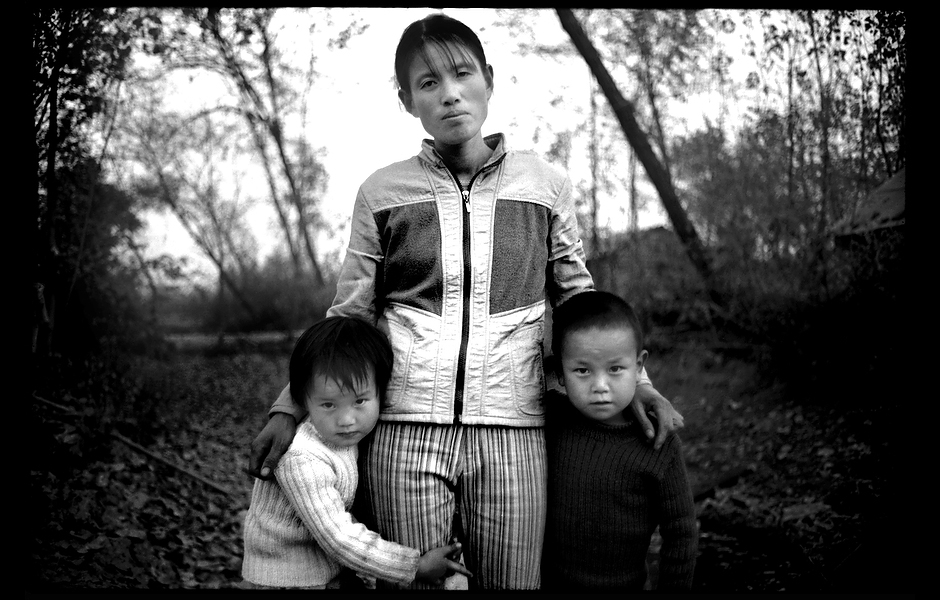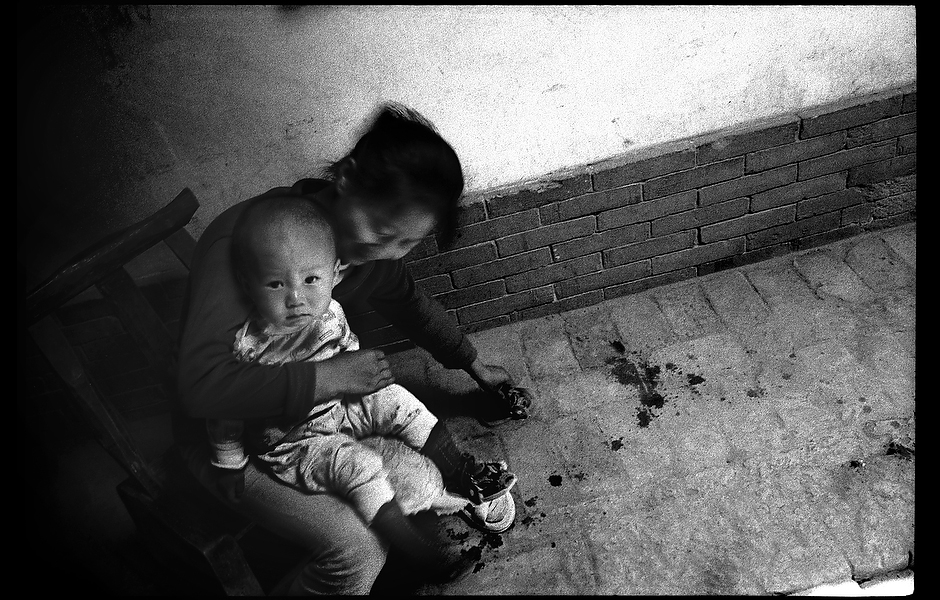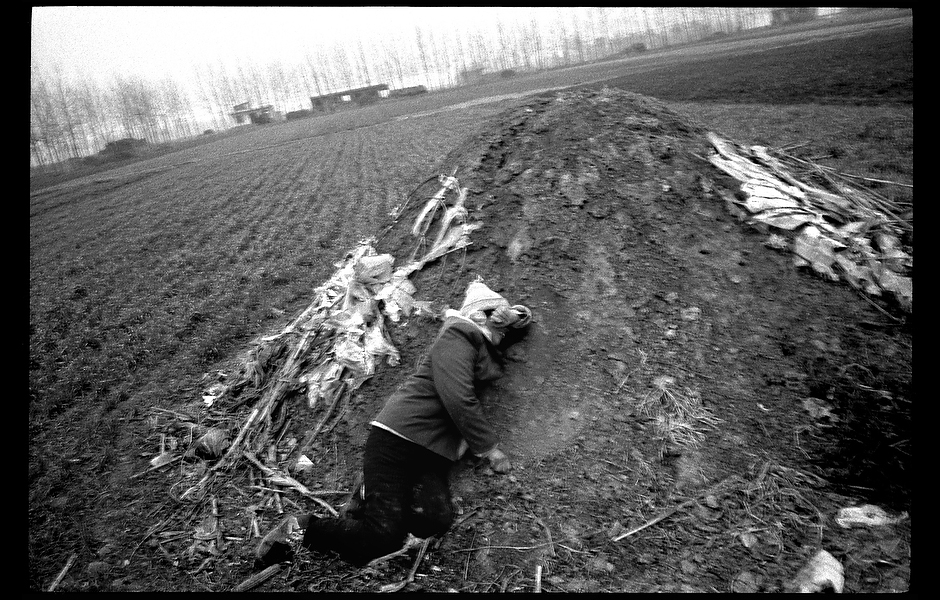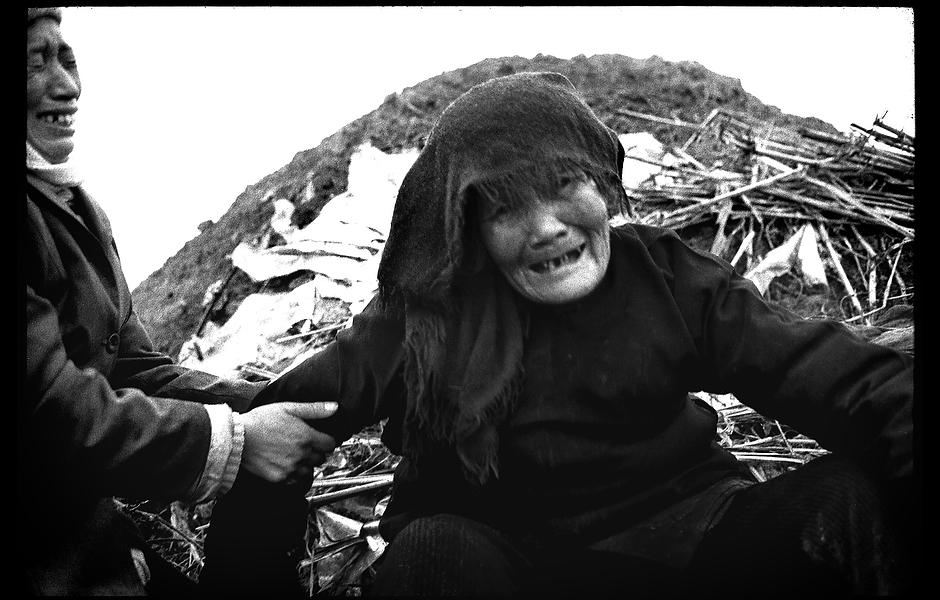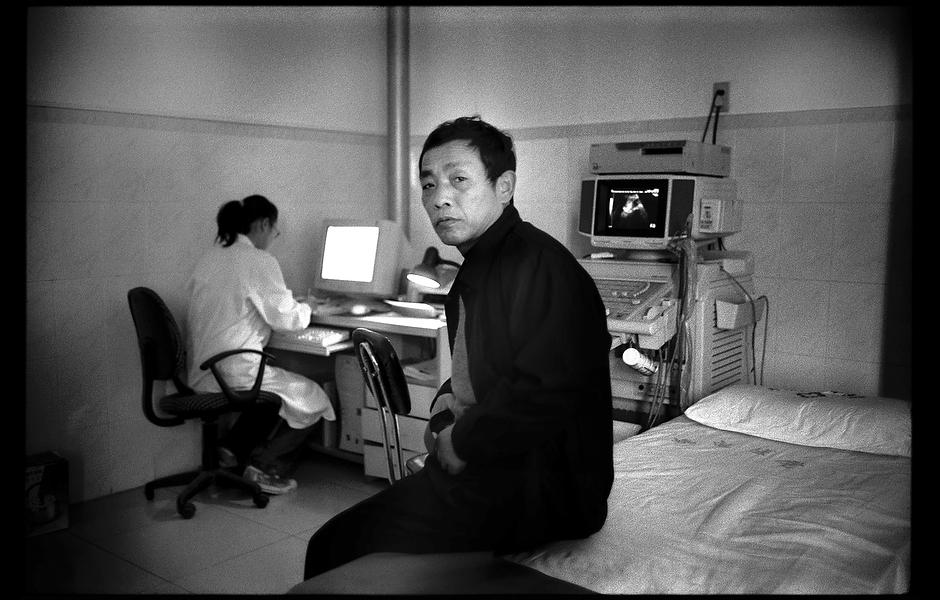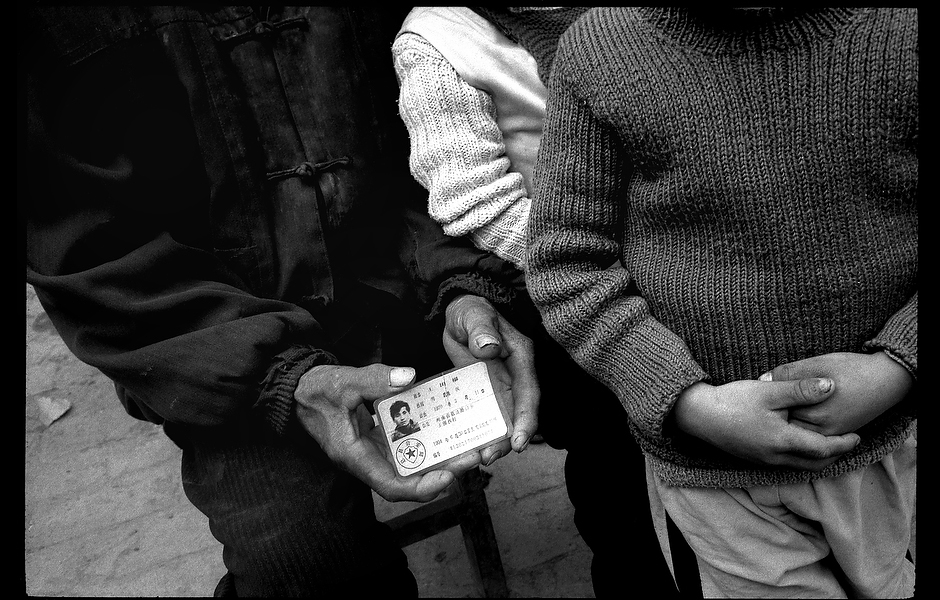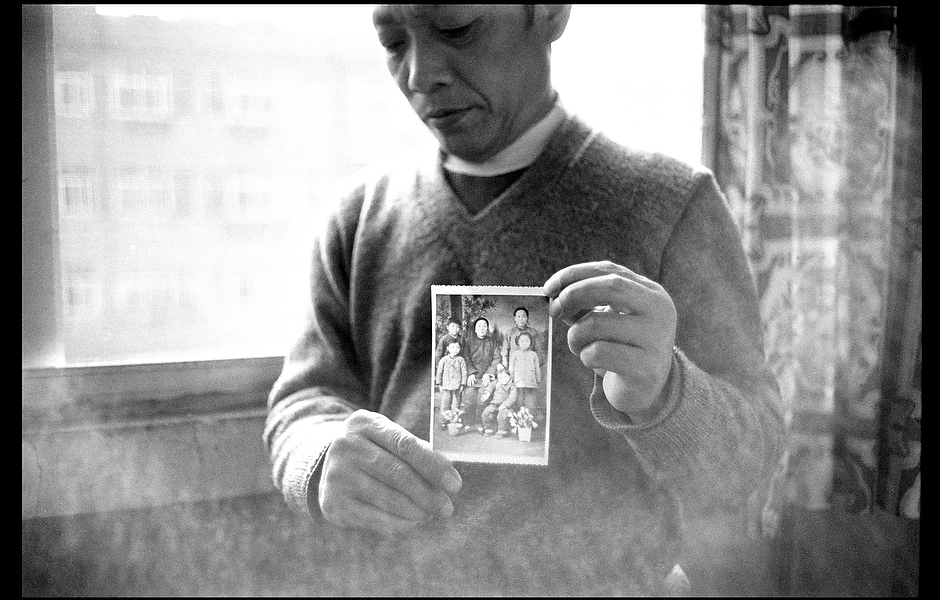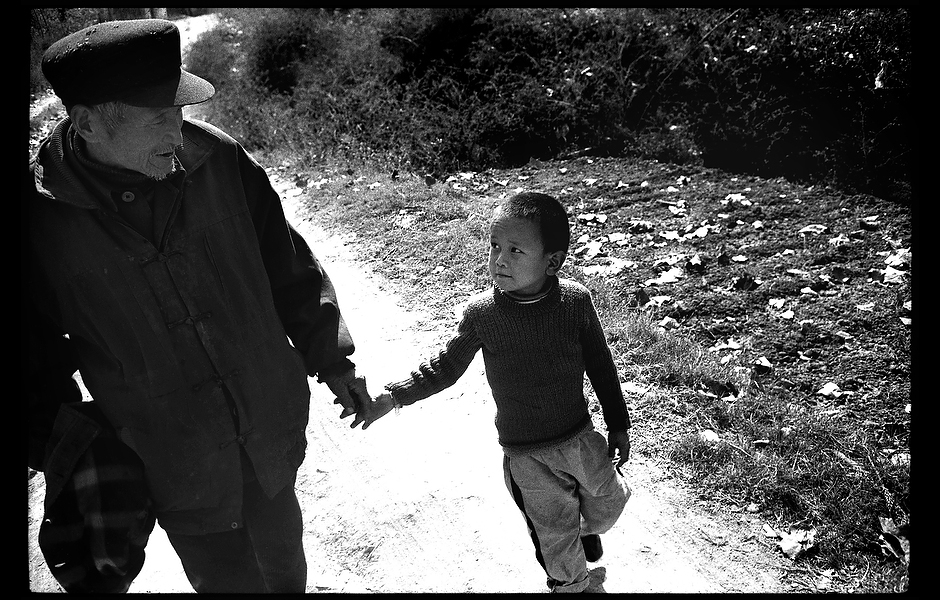Approximately 100-120 million Chinese live with chronic hepatitis B infection. Most acquired the disease at birth, through transmission from an infected mother, or during early childhood. Hepatitis B has touched the lives of virtually every family in China. Without long-term medical care, 15-25% of those infected will eventually die from liver cancer or liver disease. Each year, more people die in China from hepatitis B-associated liver disease than HIV, tuberculosis, and malaria combined.
Poor understanding of hepatitis B has attached a stigma to the disease and resulted in widespread discrimination against those known to be infected. Many Chinese are unwilling to work with or hire persons with the disease because they mistakenly believe that infection can be spread through casual contact. Those who are infected often do not know of need for liver cancer screenings, and many fall prey to unscrupulous merchants who sell ineffective treatments.
Although, like HIV, there is no cure for chronic hepatitis B, appropriate antiviral drug treatment and long-term medical care can reduce its complications. Unfortunately, the cost of long-term suppressive antiviral drug treatments is beyond the reach of most Chinese. And, unlike HIV, there is no access to free or affordable antiviral treatment for the estimated 30 million people in China for whom treatment could potentially be lifesaving. —Aaron Deemer
 Photo Gallery
Photo Gallery




